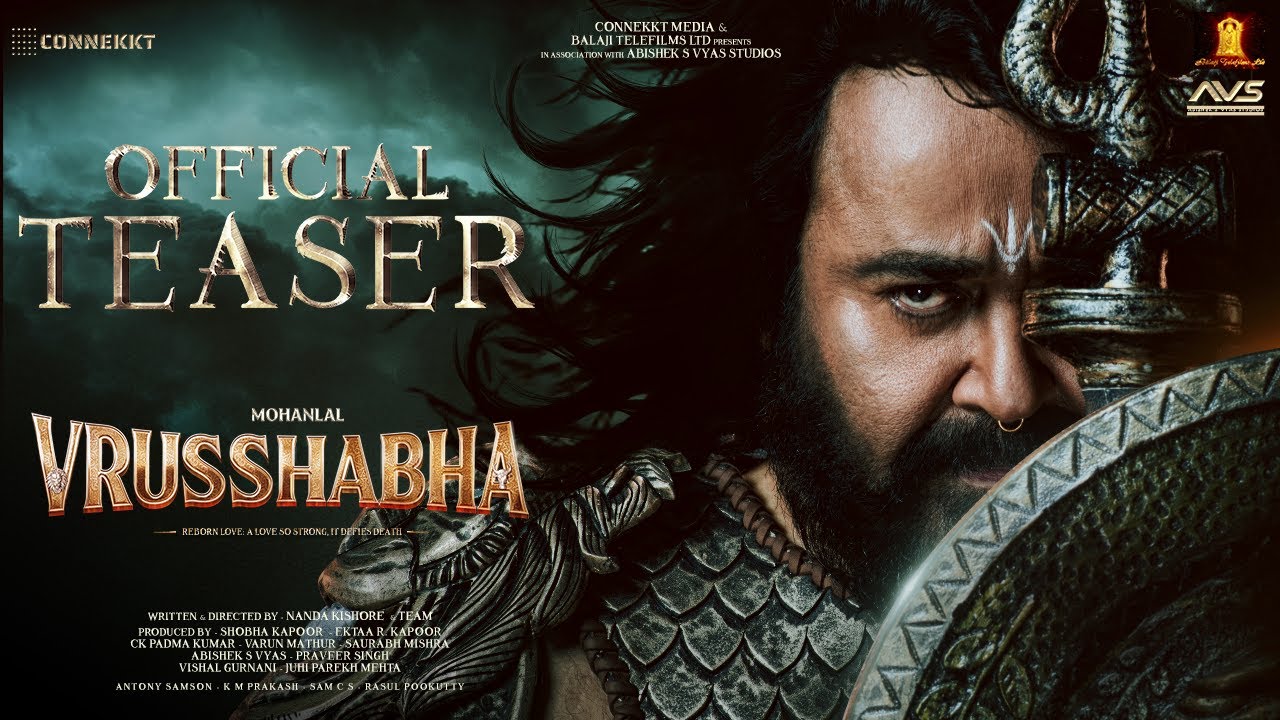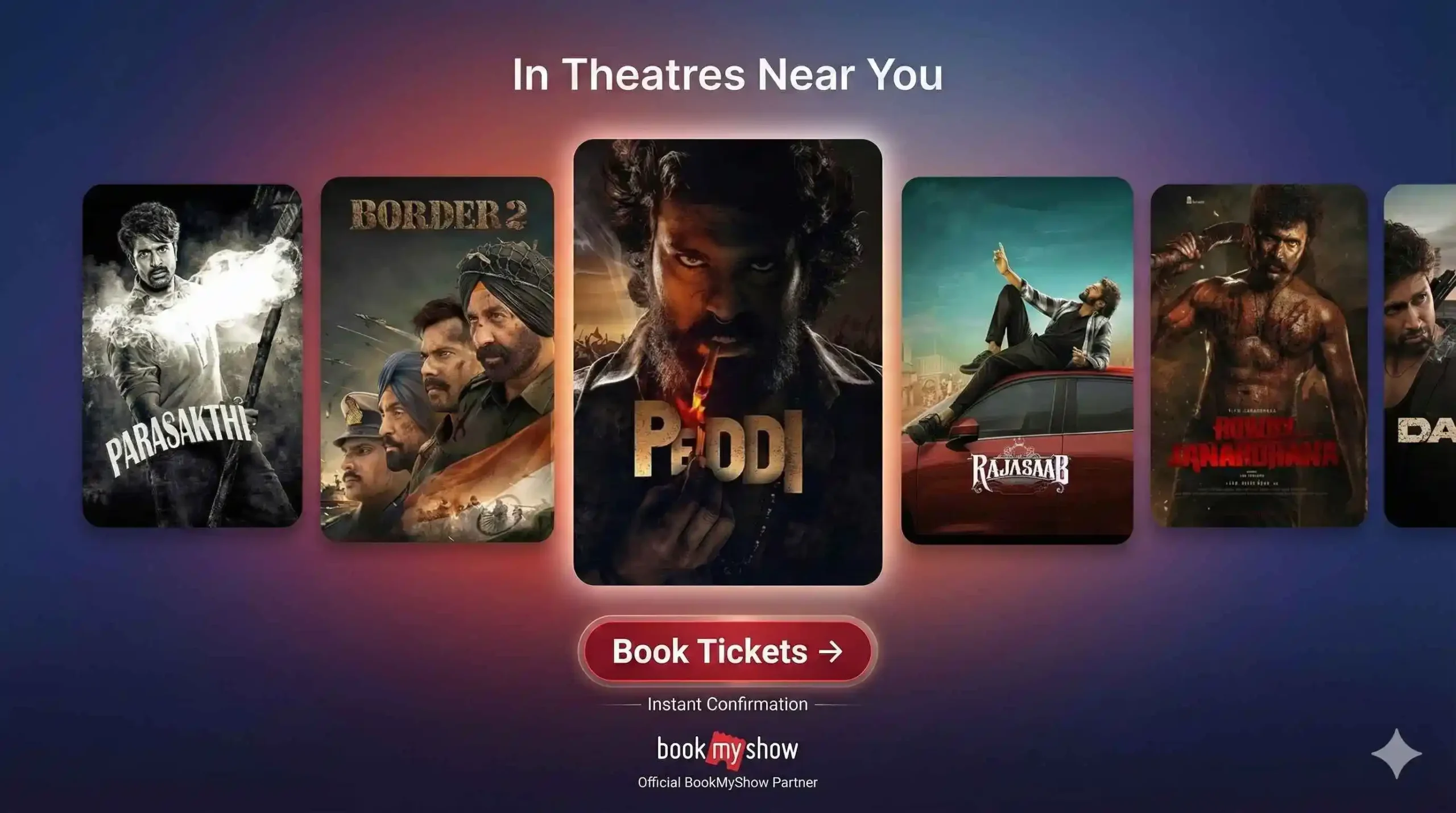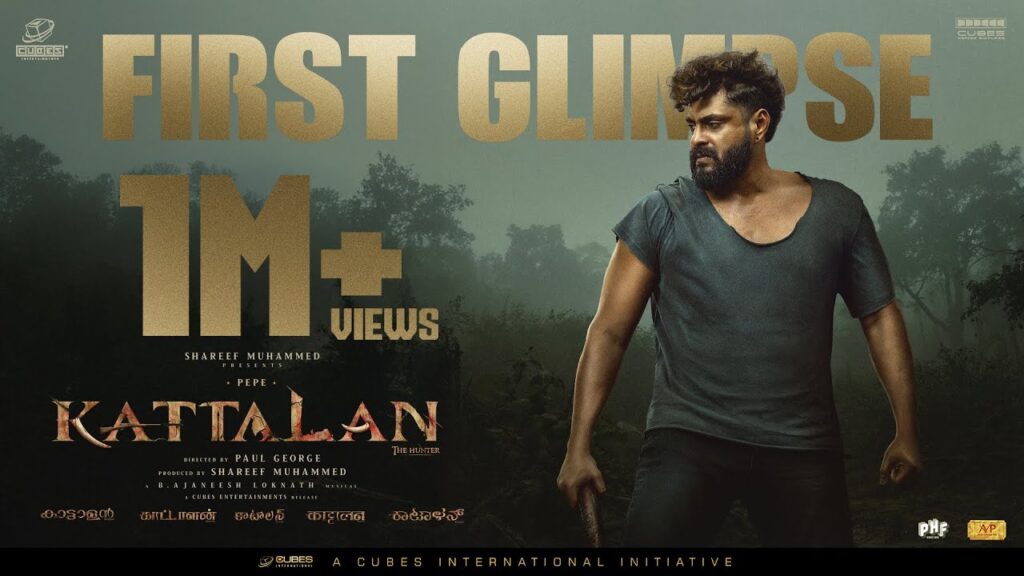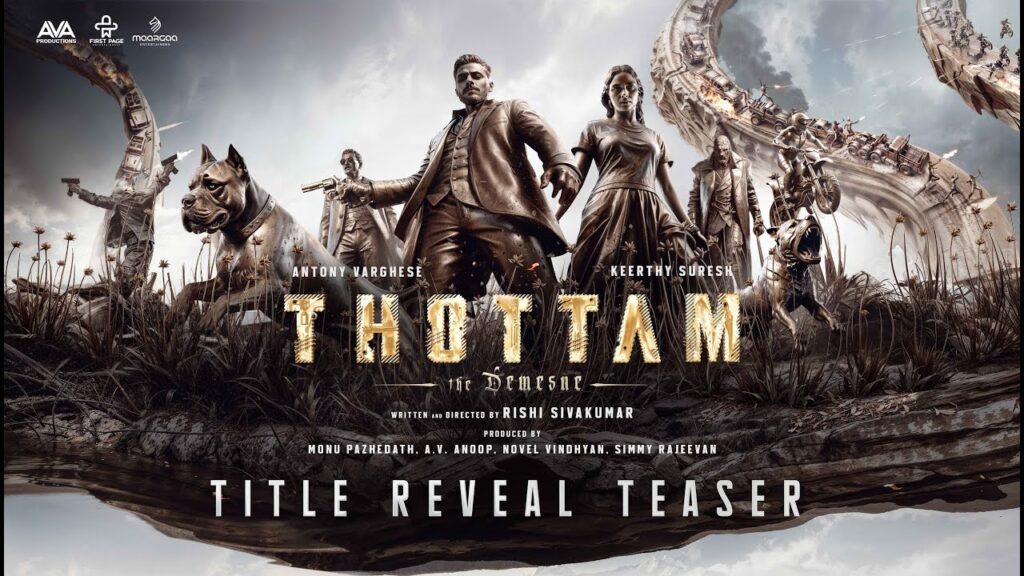Vrusshabha Mohan Lal Movie 2025 Bappamtv Review Details
Vrusshabha 2025 Review: A Deep Dive
Check showtimes, seat availability, and exclusive offers for the latest movies near you.
Check on BookMyShow →You know that rare movie that stays in your heart after the credits roll? Vrusshabha aims for that. As a reviewer who’s covered 500+ films across languages, I went in expecting a mythic Malayalam epic — and what I found is a film that tries to be both a throne-room drama and an emotional character study.
Storyline Breakdown
The film follows King Vrusshabha, whose rule is tested by political treachery, lineage questions, and a destiny that feels larger than life. The narrative moves between court intrigue and battlefield sequences.
Plot beats
- Establishing the king’s authority and ritual life.
- Political alliances strain, secrets emerge.
- Battle sequences and a mythic turning point.
- Personal reckonings — dharma vs desire.
- Resolution that feels both earned and ceremonially epic.
Insight: The structure balances dual threads — internal court politics and external war — to keep stakes high.
Takeaway: If you like layered epics, this offers a clear throughline anchored in a king’s moral choices.
Character Arc Analysis
Mohanlal as King Vrusshabha is the film’s emotional axis. He shifts from unassailable monarch to a leader tempered by loss.
| Character | Arc Summary |
|---|---|
| Vrusshabha (Mohanlal) | Regal authority → inward doubt → tempered stewardship. |
| Samarjit Lankesh | Political foil; shades of moral ambiguity. |
| Nayan Sarika | Familial anchor; emotional counterpoint to the throne’s weight. |
I think the film’s success rests on how convincingly secondary players push the king into choices that reveal who he is.
Insight: The king’s emotional beats are small — a look, a pause — but they carry weight.
Takeaway: Performance economy elevates the epic into something intimate.
Screenplay Quality
Writers Karthik, Nanda Kishore and Janardhana Maharshi weave ritual, political dialogue, and mythic motifs. Dialogue often reads like ceremony — that’s intentional — but there are moments where exposition slows the rhythm.
- Pros: Elevated, thematic lines; ritualized speech that suits the setting.
- Cons: Occasional pacing dips in the middle act.
| Screenplay Element | Effect |
|---|---|
| Ritualised dialogue | Adds gravitas, sometimes at the cost of tempo. |
| Parallel threads | Keep the plot layered but demand attention. |
Insight: Dialogue enhances world-building but asks for patience.
Takeaway: The screenplay is ambitious; its payoff depends on how much you savor ceremonial storytelling.
Genre Benchmarks & Comparison
| Film Element | Vrusshabha | Typical Mythic Epic |
|---|---|---|
| Character focus | High (king-centric) | Often ensemble |
| Visual spectacle | High | High |
| Emotional core | Strong | Varies |
Compared to recent pan-Indian epics, Vrusshabha leans more into introspection than pure spectacle. That’s a risk for mass markets but a reward for viewers who want depth.
Insight: This is a cross between a ceremonial drama and a battlefield epic.
Takeaway: If you loved character-led historicals, this sits comfortably beside them.
Box Office & Audience Expectations
As a pan-Indian release, the film is positioned to reach Malayalam, Telugu, Hindi and Kannada audiences. The box-office success will hinge on word-of-mouth and the film’s ability to translate ritualized storytelling across cultures.
| Market | Expectation |
|---|---|
| Malayalam | Strong (core fanbase) |
| Telugu/Hindi/Kannada | Depends on dubbing & cultural resonance |
Having covered pan-Indian releases for over a decade, I can say that cultural specificity helps — if it’s adapted well, the film can cross borders.
Star Rating
| Overall | 4.0 / 5 |
| Narrative Cohesion | 3.8 / 5 |
| Performances | 4.4 / 5 |
Note: Ratings are my take and may shift with rewatch—your mileage varies.
Final Thoughts — Strengths & Weaknesses
- Strengths: Mohanlal’s performance, production design, and a resonant emotional core.
- Weaknesses: Mid-act pacing, heavy ritual dialogue that might not click with all viewers.
Insight: The film’s weight comes from performance, not just set pieces.
Takeaway: Vrusshabha is best appreciated by viewers who value character-driven epics over nonstop spectacle.
Cast & Crew (Quick Reference)
| Role | Name |
|---|---|
| Lead | Mohanlal as King Vrusshabha |
| Director | Nanda Kishore |
| Writers | Karthik, Nanda Kishore, Janardhana Maharshi |
| Supporting | Samarjit Lankesh, Nayan Sarika |
| Music | Composer (grand orchestral + folk motifs) |
Why you should watch (or skip)
Watch if you appreciate regal performances, layered themes of duty and lineage, and a soundtrack that heightens ritual and war.
Skip if you prefer a relentlessly fast plot or popcorn-style spectacle with minimal introspection.
FAQs
Q1: Is Vrusshabha a Mohanlal solo vehicle or an ensemble piece?
A1: It’s anchored by Mohanlal’s king, but the ensemble provides crucial moral and political counterpoints.
Q2: How does the music support the film?
A2: The score uses orchestral swells and folk motifs to mark ceremonial, battle and intimate moments — it often underscores emotion rather than overpowering it.
Q3: Will this appeal to non-Malayalam audiences?
A3: Yes, if the dubbing and cultural framing translate. The themes of duty and legacy are universal, but some ritualised dialogue may feel dense for casual viewers.
Having reviewed hundreds of regional and pan-Indian epics, I can say Vrusshabha aims high — and largely lands where it matters: in performance and emotional resonance.
Ratings are my take and may shift with rewatch—your mileage varies.










